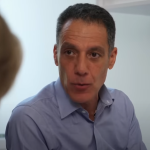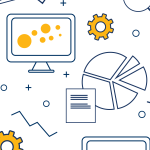From The New York Times
By Jenna Wortham
A FEW weeks ago I was skimming through my Instagram feed when my mouth dropped open. Sandwiched between images of sunny afternoon outings and boozy brunches was a photo of my friend in a hotel room, wearing lime green thong underwear and very little else. It was scandalous, arguably over the top for a photo posted in public where, in theory, anyone who wanted would be able to see it. But people loved it. It had dozens of likes as well as some encouraging comments....
Part of our increasing looseness with what we post on the Web has to do with the realization that one raunchy photo is just a single data point among hundreds. But Coye Cheshire, a professor of information sciences at the University of California, Berkeley, who studies how we interact online, thinks there might be something more complex at play. In his research, he has highlighted the power of social approval. In a study of social exchange systems like Facebook, when people were told that their networks liked the content they were sharing, they shared more. But when they were told that people in their network did not like their shared content, they actually shared even more to figure out what their network might like, and “come up with more content that was edgier,” he said.
In addition, he suggested that the same feeling of anonymity one experiences in a crowd might translate to the Web, leading people to act more impulsively than they might in person. “Sharing content and interacting with others online feels collective, even if we are at home alone, uploading photos or watching videos,” he said. “If we are doing something openly, the negative effect could lose its power.”
Mr. Cheshire was quick to point out that he did not blame social media for inspiring bad behavior, only exacerbating it among those who are already inclined that way. “For people who get a lot of motivation out of knowing that other people will respond to what they are doing, knowing that thousands or millions could see it can be very powerful,” he added. “When there’s enough notoriety that can come out of it, it changes the risk calculation and raises the incentive.”...








